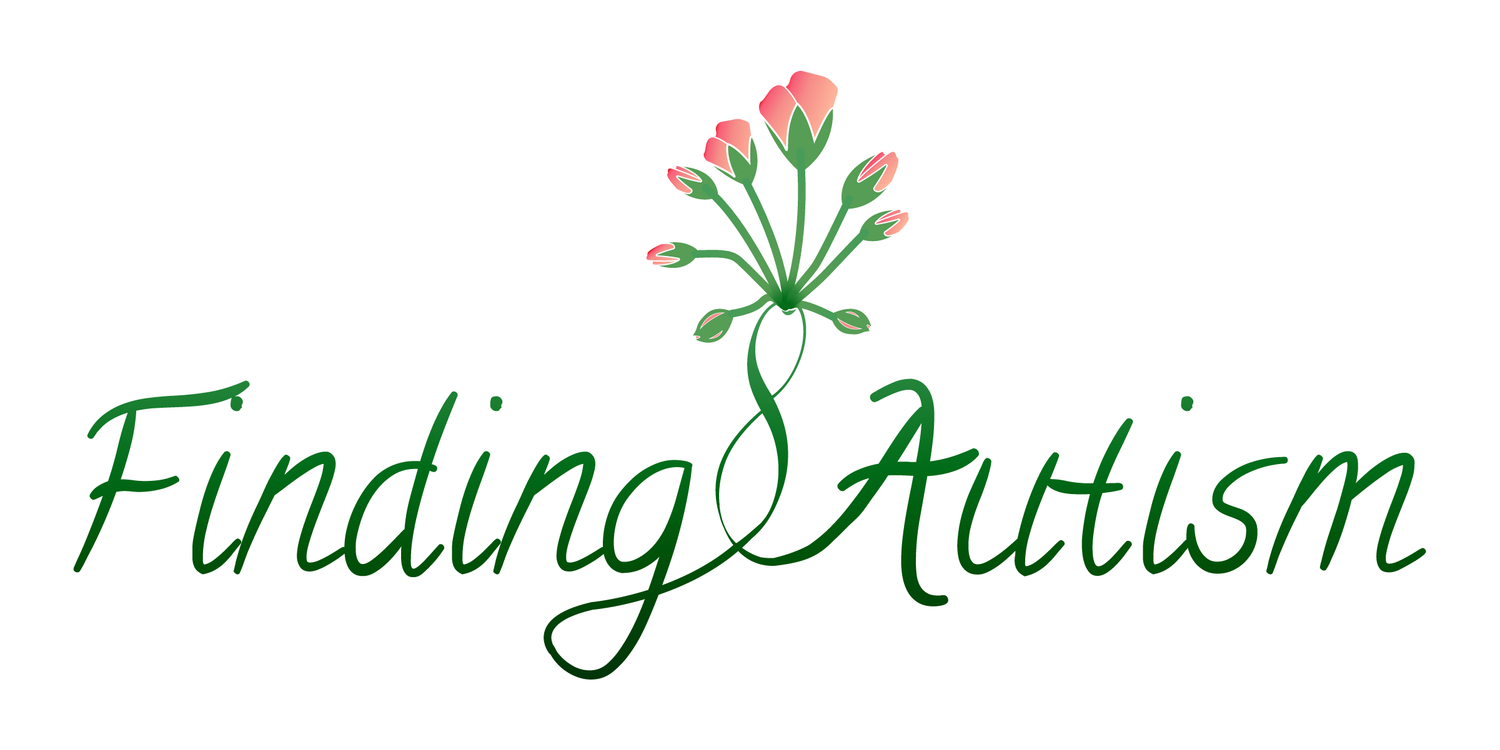Blog Post: The Double Empathy Problem and Autism Acceptance
Can you imagine what it feels like to experience decades of being misunderstood by most people in your life? What you do is labelled “off” or “weird”. You try, try, and try again to share your perspectives, yet others keep mislabelling or dismissing you. I know exactly what this feels like because I am autistic.
Despite not realising I was autistic for most of my life, I always knew I was different. Others appeared to know it too. Beyond merely acknowledging my differences, I was frequently alienated and actively rejected by others. Social breakdowns were, and still are, a common occurrence for me.
What’s the problem here? A frequent response is that since the autistic person is at odds with the majority, the autistic perspective is wrong. The autistic person is deficient. Indeed, autism is labelled as a disorder after all, with conceptions that autistic people aren’t good at empathising, understanding, or communicating.
Dr Milton, an autistic academic, proposes a different interpretation for the disconnect between autistic and non-autistic people. He called it a ‘double empathy problem’.
This interpretation, backed with scientific support, explains that autistic people do not lack empathy at all. Instead, autistic people experience life, communicate, and express their emotions very differently to non-autistic people. Because of these differences, it can be difficult for non-autistic people to empathise with us, and for us to empathise with non-autistic people. However, since the non-autistic way is the typical way, it is accepted as “correct” by most people. Therefore, the unique ways in which autistic people perceive, communicate, and behave are often rejected as “incorrect”.
The rejection we experience is so pervasive that formal support options for autistic people frequently involve 'treatment plans' that help us to understand and enact non-autistic perspectives (e.g., Applied Behavioural Analysis, Social Skills Training). These ‘treatments’ epitomise the lack of acceptance and empathy for autistic perspectives. Essentially, instead of supporting us, we are being told that if we can’t change, we are not acceptable. Often, this is at a time in which we need true support, acceptance, and empathy the most.
In the words of the existential philosopher, Albert Camus, “Don’t walk in front of me… I may not follow. Walk beside me… just be my friend.” Please do not try and lead us to your way. Instead, we encourage you to walk beside us. Ask us how we see things, what we need, and let’s meet in the middle. Only then, will society truly accept autistic individuals.
If you like what I’m sharing, you can kindly support me by ‘buying me a coffee’.

